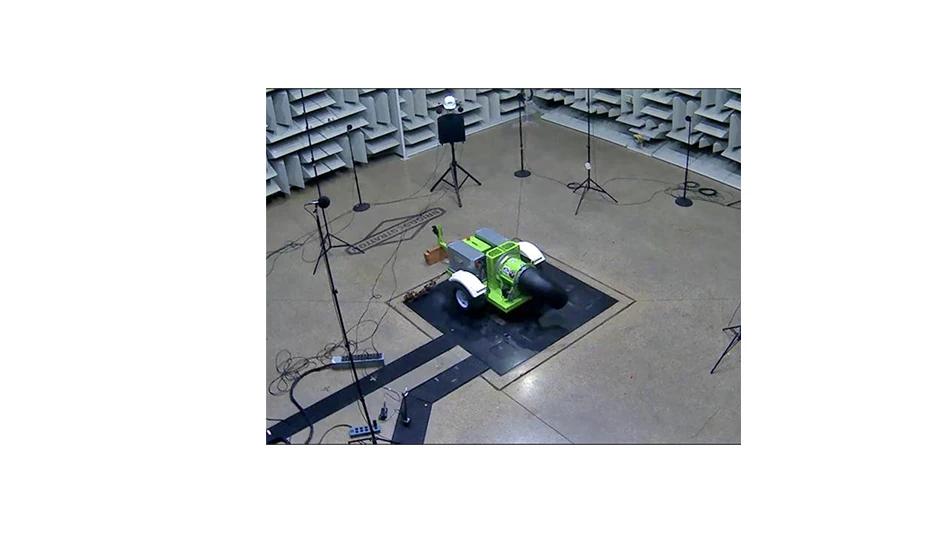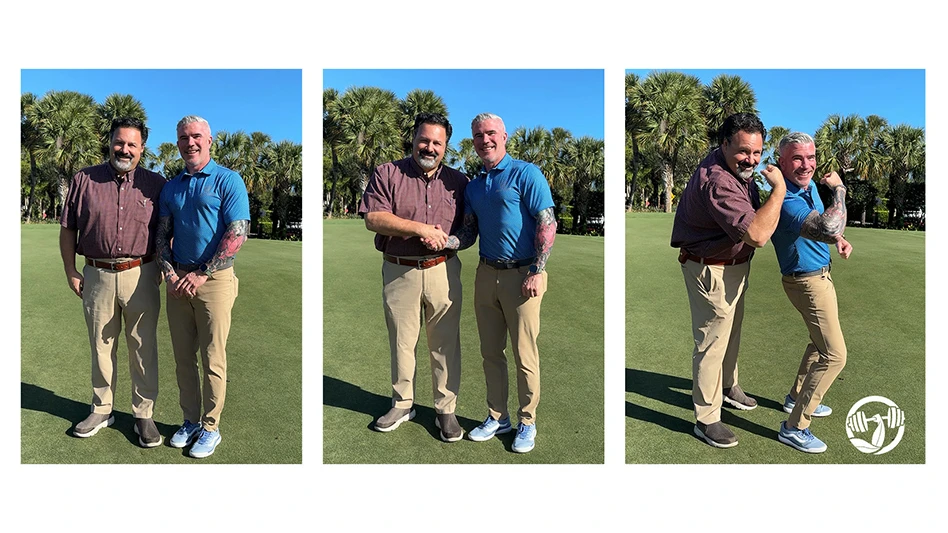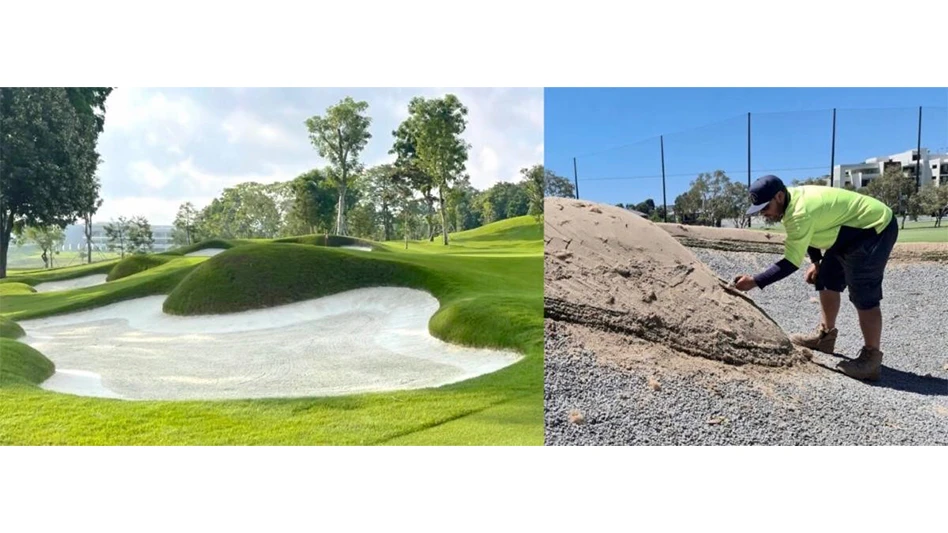
Medinah Country Club will unveil its venerable Course No. 2 early this summer following a year-long restoration program. The most significant features of Course No. 2 now can remain relevant to the game as it is played today.
Host of four U.S. Open Championships, two PGA Championships and the Ryder Cup during its 93-year history, Medinah Country Club has embraced its rich history with the redesign of Course No. 2. The renovation also addresses the future of the game by tailoring seven tees on each hole to accommodate any skill level in Medinah’s passionate golfing community. The club’s “Golf Fore Life” program will place the club at the forefront in golf-development programs for players of all levels while expanding the club’s already significant junior golf initiatives.
Under the supervision of Medinah director of golf course operations Curtis Tyrrell, CGCS, MG – working with golf course architect Rees Jones and his associate Steve Weisser – most of the renovation focused on green complexes and bunkers, relying on aerial photographs from 1938 to replicate their original sizes, shapes, and locations.
Their primary focus of the Course No. 2 project was to restore it – as applicable to the modern game – to the original Tom Bendelow design that debuted 1925. While there is no major routing change or notable manipulation of topography, the total area of fairways and approaches on Course No. 2 has increased by more than 50 percent, from 21 to 34 acres. Some of the widened corridors are now connecting on adjacent holes – a unique feature for the modern game, but not uncommon during golf architecture’s “Golden Age” nearly 100 years ago.
With the 80-year-old photographs as their ultimate guide – the restoration team removed some bunkers and bunker complexes, while others have been reintroduced. Green complexes are all restored to feature Bendelow’s original contouring, again accentuating generally longer, deeper, taller and more pronounced putting surfaces.
Medinah Country Club’s restored Course No. 2 is to be officially christened in June.
Medinah’s other two championship venues – Course No. 1 and Course No. 3, also originally designed by Bendelow – were previously modernized and updated significantly through the years, with the latest work on Course No. 2 furthering the ongoing improvement of the club’s infrastructure.
For the past decade, Medinah Country Club has allocated a major investment to the modernization of its greens, tees, fairways, and bunkers, as well as enhancing draining and storage capabilities and the overall growing environment:
-- Greens on all three courses were rebuilt to USGA specifications, and are equipped for sub-surface vacuuming and gas-exchange capability
-- Tees were rebuilt on a sand mix that allows for internal drainage
-- Fairways were rototilled, graded, and reseeded.
-- Bunkers were installed with subsurface draining, erosion liners, and all feature the use the same sand
-- Greens, tees, and fairways were replanted with the same Creeping bentgrass; the rough with Kentucky Bluegrass.
Host of four U.S. Open Championships, two PGA Championships and the Ryder Cup during its 93-year history, Medinah Country Club has embraced its rich history with the redesign of Course No. 2. The renovation also addresses the future of the game by tailoring seven tees on each hole to accommodate any skill level in Medinah’s passionate golfing community. The club’s “Golf Fore Life” program will place the club at the forefront in golf-development programs for players of all levels while expanding the club’s already significant junior golf initiatives.
Under the supervision of Medinah director of golf course operations Curtis Tyrrell, CGCS, MG – working with golf course architect Rees Jones and his associate Steve Weisser – most of the renovation focused on green complexes and bunkers, relying on aerial photographs from 1938 to replicate their original sizes, shapes, and locations.
Their primary focus of the Course No. 2 project was to restore it – as applicable to the modern game – to the original Tom Bendelow design that debuted 1925. While there is no major routing change or notable manipulation of topography, the total area of fairways and approaches on Course No. 2 has increased by more than 50 percent, from 21 to 34 acres. Some of the widened corridors are now connecting on adjacent holes – a unique feature for the modern game, but not uncommon during golf architecture’s “Golden Age” nearly 100 years ago.
With the 80-year-old photographs as their ultimate guide – the restoration team removed some bunkers and bunker complexes, while others have been reintroduced. Green complexes are all restored to feature Bendelow’s original contouring, again accentuating generally longer, deeper, taller and more pronounced putting surfaces.
Medinah Country Club’s restored Course No. 2 is to be officially christened in June.
Medinah’s other two championship venues – Course No. 1 and Course No. 3, also originally designed by Bendelow – were previously modernized and updated significantly through the years, with the latest work on Course No. 2 furthering the ongoing improvement of the club’s infrastructure.
For the past decade, Medinah Country Club has allocated a major investment to the modernization of its greens, tees, fairways, and bunkers, as well as enhancing draining and storage capabilities and the overall growing environment:
-- Greens on all three courses were rebuilt to USGA specifications, and are equipped for sub-surface vacuuming and gas-exchange capability
-- Tees were rebuilt on a sand mix that allows for internal drainage
-- Fairways were rototilled, graded, and reseeded.
-- Bunkers were installed with subsurface draining, erosion liners, and all feature the use the same sand
-- Greens, tees, and fairways were replanted with the same Creeping bentgrass; the rough with Kentucky Bluegrass.
Latest from Golf Course Industry
- Bloom Golf Partners adds HR expert
- Seeking sustainability in Vietnam
- Kerns featured in Envu root diseases webinar
- Toro continues support of National Mayor’s Challenge for Water Conservation
- A different kind of long distance
- Golf Construction Conversations: Stephen Hope
- EnP welcomes new sales manager
- DLF opening centers in Oregon, Ontario







